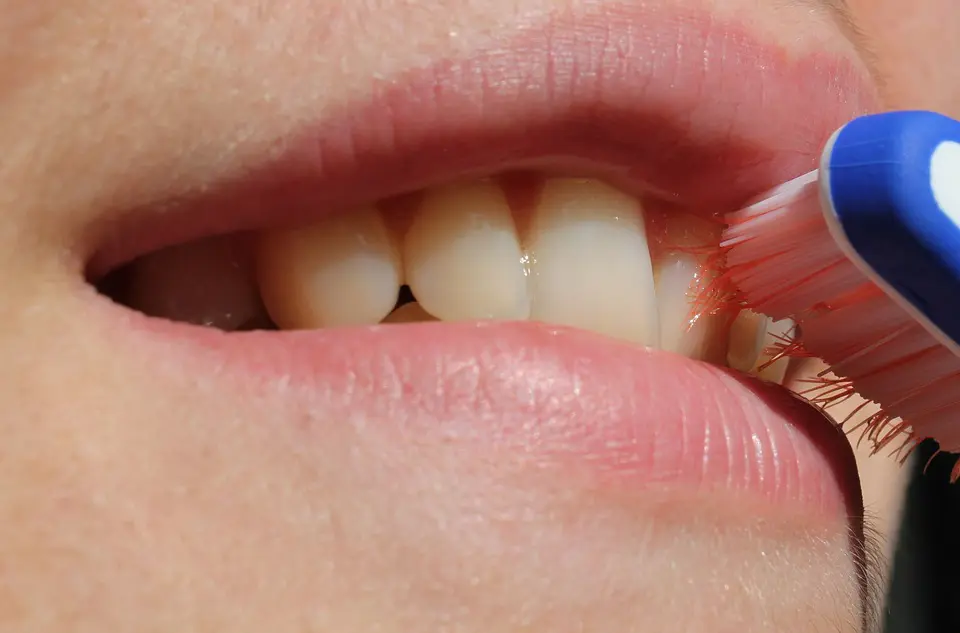If you try to eat right after brushing, you may notice that the food doesn’t taste quite right. This is because there is something in the toothpaste that affects your taste buds, and it’s not actually the mint flavoring as many people suspect. The real culprit is sodium lauryl sulfate (SLS) or related compounds such as sodium lauryl ether sulfate (SLES). These chemicals skew the taste of your food and drink. So if you want to enjoy your orange juice, beer, or iced tea, wait a while after brushing.

(Pixabay / AlbanyColley)
Both SLS and SLES are surfactants or wetting agents that lower the surface tension of liquids. These chemicals are added to toothpaste in order to create foam and make the paste easy to spread around your mouth. SLS and SLES are also used in detergents, paints, fabric softeners, laxatives, and insecticides.
While working their magic, these two chemicals can also cause unwanted side effects. They suppress the taste bud receptors, which keeps you from perceiving sweetness. Thus, you will likely have trouble detecting the sweet notes in food items, and the overall taste will be distorted.
The surfactants don’t stop there, however. They also break up the phospholipids on the tongue. Phospholipids are fatty molecules that inhibit your tongue’s receptors for bitterness. When the phospholipids are broken down by the surfactants in the toothpaste, you could taste enhanced bitterness. Thus, you’ll detect less sweetness and more bitterness for an often unpleasant eating or drinking experience.
So, how can you avoid that funny taste when you eat or drink right after brushing your teeth? You could opt for toothpaste that is SLES or SLS-free. The toothpaste may not foam much, but it will not affect your enjoyment of food.
While odd tastes after brushing may be a minor concern, it’s important to watch for more significant concerns in your mouth. If you suspect dental problems, seek help immediately. In the meantime, make sure to visit your specialist in family dentistry in Utah every six months to maintain a clean bill of dental health.
